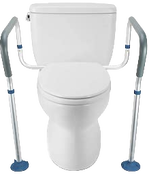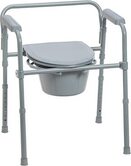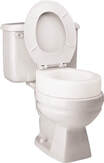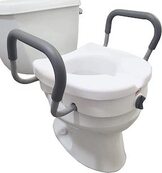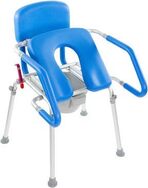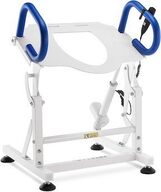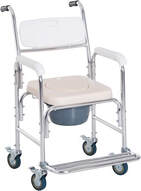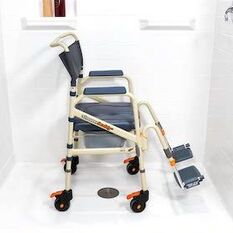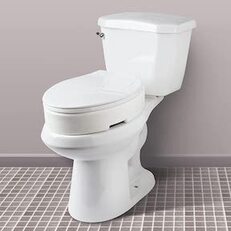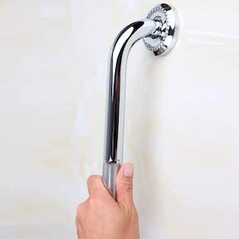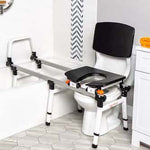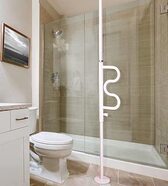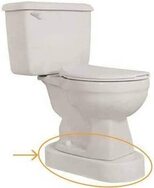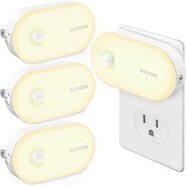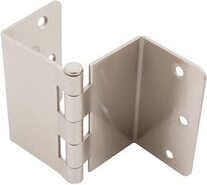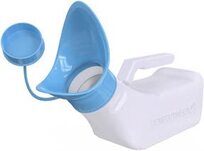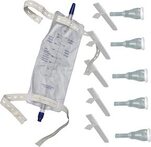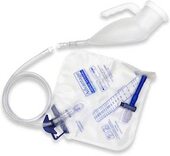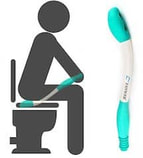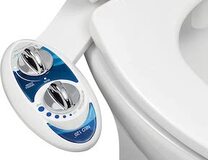|
The toileting devices on this page are not usually covered by health insurance. You may be able to borrow some devices at no cost from equipment loan closets. We have negotiated exclusive discounts for some products.
|
Exclusive DiscountsEnter promo code YOURALSGUIDE at checkout after adding discounted items to your cart. Learn more |
Toilet Safety FrameProvides a safe and secure grip to assist with sitting and standing |
Portable Commode ChairCan be placed over a standard toilet or used as a bedside commode |
Raised Toilet Seat
Fits under existing toilet seat and adds five inches to height of the toilet |
Raised Toilet Seat with ArmsElevated seat with handles makes it easier to sit and get back up Buy on Amazon (no discount)
|
Toilet Seat Bidet
|
If you are having difficulty wiping or cleaning yourself properly, you can replace your toilet seat with a toilet seat bidet that has an adjustable water spray. Bidet seats are easy to install, but do require an electrical outlet and plumbing source.
|
Uplift Commode ChairCan be placed over toilet or used as a bedside commode; spring-loaded mechanism provides a gentle lift |
Electric Toilet Seat LiftThis electric lift with padded arms can help you get on and off the toilet using a remote control |
Rolling Shower ChairThis aluminum shower chair can roll into the shower and over the toilet, and serve as a bedside commode |
Rolling Shower Commode ChairThis padded, foldable chair can be used in the shower, over the toilet, and next to the bed
Buy on Amazon (no discount) |
Hinged Raised Toilet SeatElevated toilet seat you can use with the existing seat and lid to sit and stand more easily
Buy on Amazon (no discount) |
Permanent Grab Bars
|
Accessible Tub and Shower SolutionsTransfer Benches | Rolling Shower Chairs | Tub and Shower Transfer Systems
Get a 10% discount on SolutionBased products. LEARN MORE |
Transfer Pole
Assists with stability when standing, sitting, or stepping over tub |
ToilevatorAn elevated base that you put under your toilet to raise its overall height |
Buy on Amazon (no discount)
|
Offset HingesHinges that add width to doorways so mobility devices can pass through |
Equipment Loan ClosetsYou can save money by borrowing equipment from ALS loan closets. Many organizations and clinics loan devices at no cost. Learn more |
Insurance CoverageThe devices on this page are not usually covered by Medicare, Medicaid, or private insurance. Learn more |

Portable Male UrinalPortable urinal bottle with lid can be used at home or when traveling |
Portable Female UrinalPortable urinal bottle with lid can be used at home or when traveling |
Female Pee FunnelCompact, foldable funnel with long spout that can be used when standing |
Male Condom CatheterUrinary kit that includes leg bag, straps, and external catheter |
External Female Catheter
Flexible, non-invasive catheter for women that wicks away urine |
Male Urinary SystemIncludes portable urinal, kink-resistant tubing, and collection bag |
Long Reach Wipe
|
Portable Bidet for TravelA smaller, less expensive bidet for travel that is easy to install |
With input from ALS professionals and families, we have selected but not independently tested the medical equipment and assistive devices listed here. To ensure your safety and proper use, always consult with your team of medical professionals before using these devices.

